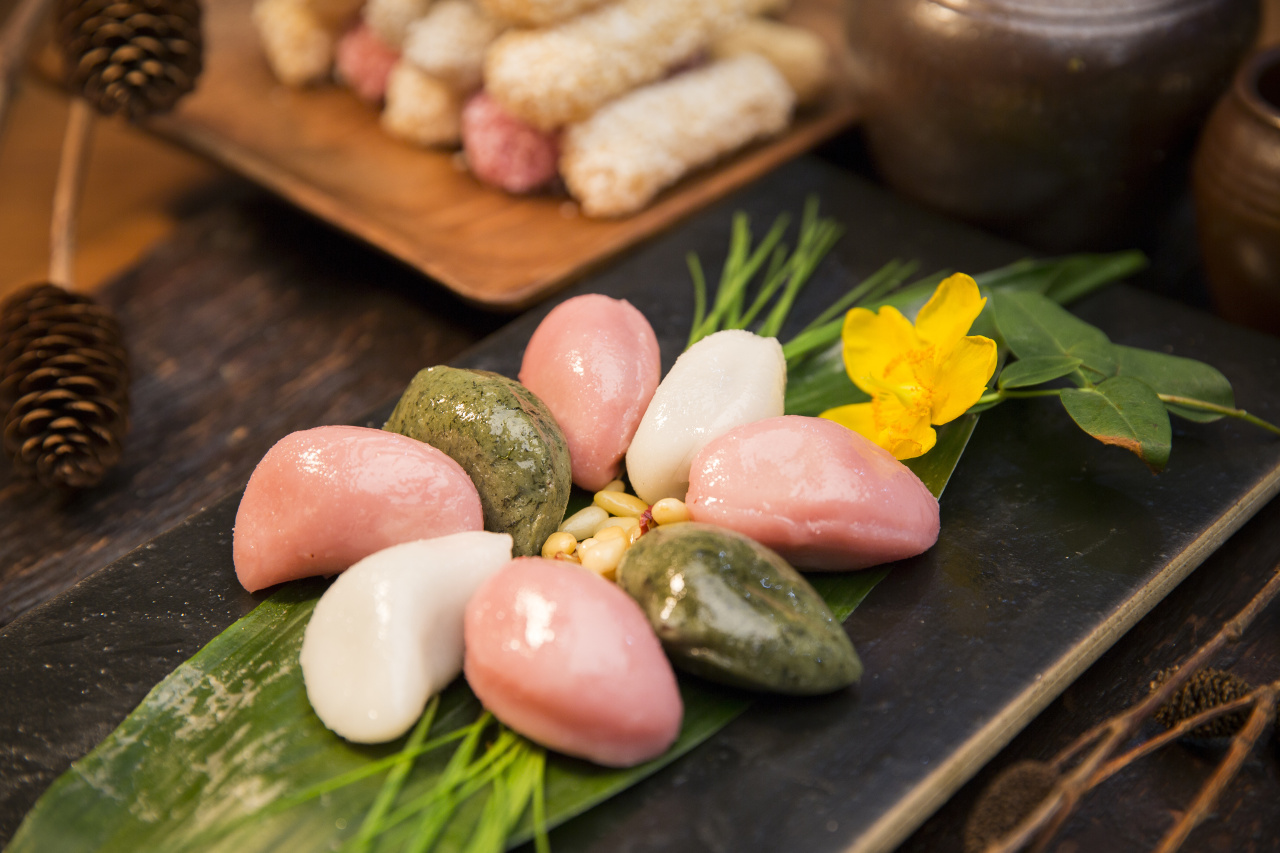
South Koreans may have to tweak their holiday plans this fall, public health officials warn, to ward off threats of the novel coronavirus widening.
Public consensus appears strong that traveling and mingling should be restricted to some degree, in light of the repeated spikes the country has suffered since the initial peak. Only two weeks since being posted, a petition on the Cheong Wa Dae website pleading with authorities to “cancel the Chuseok holiday” over COVID-19 concerns has garnered over 15,000 signatures.
“In the weeks leading up to as well as during Chuseok, an intense physical distancing scheme will be kept in place. We don’t believe that the summer resurgence has stabilized quite yet,” said a senior health official in a news briefing over the weekend. “Avoid family gatherings and try to stay home this fall.”
Choosing to forgo it will be hard for most, however. Chuseok, which falls Oct. 1 this year, is the biggest Korean holiday alongside Seollal -- the Lunar New Year. This year, Koreans get five days off for the autumn holiday.
A 29-year-old who has lived by himself in Seoul since he got a job there two years ago said he didn’t think it was “realistic” to not let people see their families. As an only child, he said his parents -- who live in Cheongju, North Chungcheong Province -- were already complaining about him being so far.
“I understand that it’s not safe. But my parents simply won’t let me back out of Chuseok,” he said.
A Gyeonggi Province resident, 31, said he was planning on visiting his grandparents a small county in the mountainside of Gangwon Province.
“I’ve been putting off seeing them for months now because of what’s going on. If I don’t see them again this time, I know it will crush them,” he said.
Besides, Chuseok is a time for families to be reunited. His relatives get together to eat and hang out -- and also to remember deceased family members through memorial services known as seongmyo or jesa. He said while the affair might be “minimized” this year, skipping it altogether was unlikely.
To allow people to observe the practices from their homes, the Ministry of Health and Welfare said Sunday that it was developing a virtual tour of public cemeteries and ossuaries to be accessible via smartphone. Those who sign up for the tour will be provided with panoramic pictures and videos of the resting places.
“On big holidays, these facilities tend to get crowded with people wishing to visit their loved ones. The online option won’t work for everyone, but we are hoping to make the experience safer and more coronavirus-conscious,” said a ministry official in charge of the project.
Sociology professor Park Myoung-kyu of Seoul National University said that COVID-19 may accelerate the trend of forsaking rituals associated with the traditional holidays such as ancestor worship.
“The Chuseok traditions and the formalities associated with them have been weakening even before the coronavirus,” he said. “These cultural changes will be made more acceptable with COVID-19.”
Spending the holidays away from one another may not necessarily be so tragic after all, according to psychiatrist Dr. Kwon Jun-soo of Seoul National University Hospital. “Many Koreans can use some time apart from their families,” he said.
“Koreans suffer from being too close to family members, not the other way around. Personal boundaries are often blurred, and autonomy of children -- even adult children -- isn’t well respected,” he said. “Separate can be healthy. Social distancing might be the right prescription for the seldom addressed issues of not enough personal space in family relationships.”
But as the crisis drags on, maintaining a “contactless” approach to social situations may not be sustainable, said Shin Jin-wook, a sociology professor at Chung-Ang University in southern Seoul.
“There is no question safety should be our top priority right now. But for how long can we let it trump all the other values -- such as the value of being together? These are all too human urges we are asking people to suppress for a very long time,” he said.
Health pundits agree that in-person interactions over the holidays or otherwise in the pandemic are best avoided.
Infectious disease specialist Dr. Kim Tark of Soonchunhyang University Hospital in Bucheon, Gyeonggi Province, said creating new points of contact can widen the scope of exposure. “During holidays, you see people you haven’t been in regular contact with. This increases the risk of transmission.”
The timing was also unfortunate. “Flu season coinciding with a COVID-19 wave is a dreaded scenario,” he said.
Another infectious disease expert, Dr. Choi Won-suk of Korea University Medical Center in Ansan, Gyeonggi Province, said while eliminating contact with others would be a sure way of stemming the spread, “asking people to put their lives on hold completely isn’t, and shouldn’t be, feasible.”
“That being said, all of us should be trying to reduce nonessential social events,” he said. He cautioned that the previous holidays in the pandemic such as the Labor Day weekend have invariably led to new surges in COVID-19 cases.
Choi added that older people, and those working with older people, should be “exceptionally careful” in terms of physical distancing as they are at much higher risk of falling severely, even fatally, sick. People in their 60s and older account for over 85 percent of severe COVID-19 cases in Korea, according to government data.
“In a world of COVID-19, refraining from visiting elderly parents and relatives can be a way of protecting them,” he said.
“But then again, every family faces different challenges and situations -- which is why it’s hard to apply a one-size-fits-all rule,” he said. “It’s all about finding the balance.”
By Kim Arin (arin@heraldcorp.com)






![[KH Explains] How should Korea adjust its trade defenses against Chinese EVs?](http://res.heraldm.com/phpwas/restmb_idxmake.php?idx=644&simg=/content/image/2024/04/15/20240415050562_0.jpg&u=20240415144419)












![[Today’s K-pop] Stray Kids to return soon: report](http://res.heraldm.com/phpwas/restmb_idxmake.php?idx=642&simg=/content/image/2024/04/16/20240416050713_0.jpg&u=)